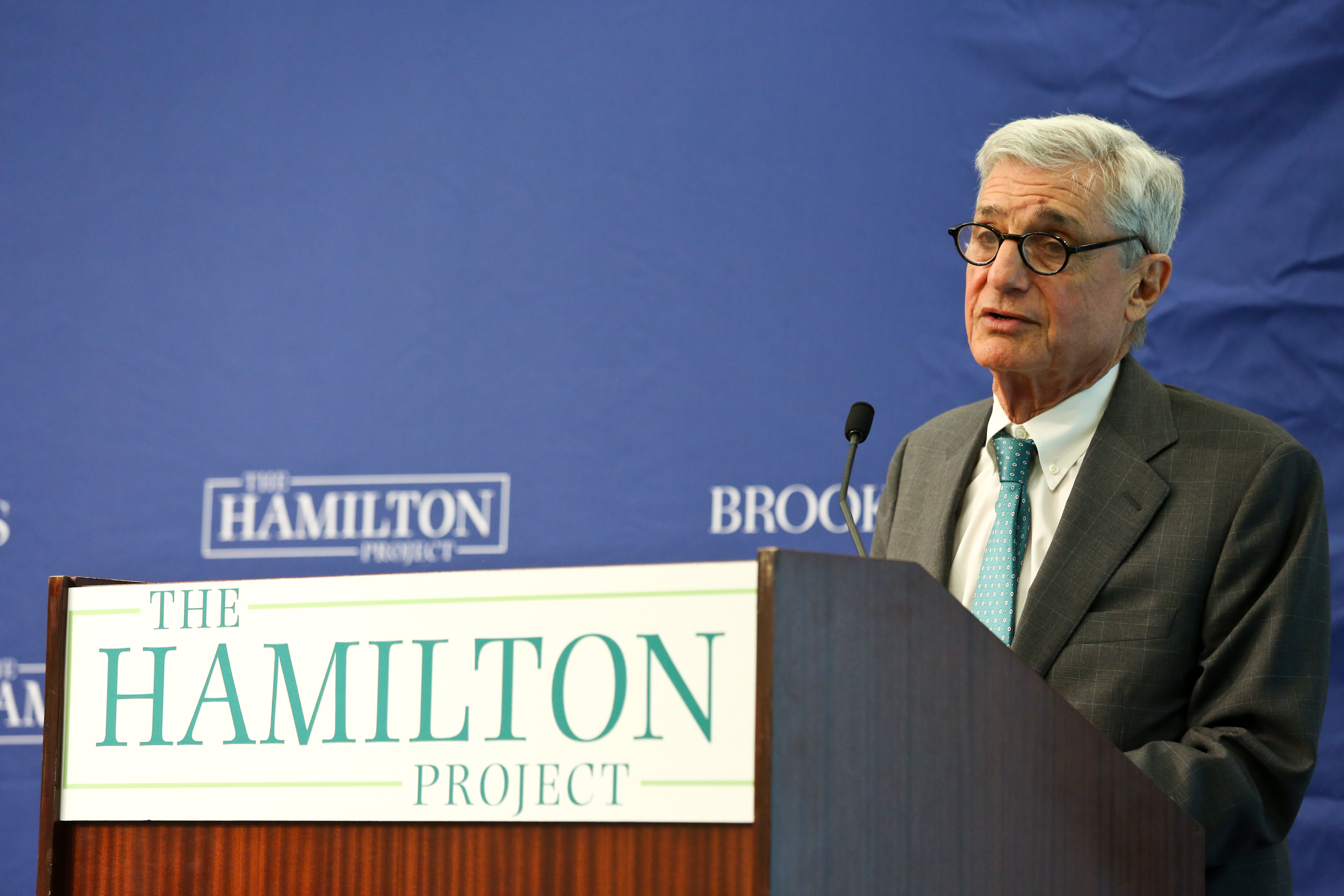Former US Treasury secretary: Here’s how to prepare for the future of work

Technology is changing work at dizzying speed. How are companies, businesses, universities, and governments going to keep up? Former US Treasury secretary Robert Rubin says the answer lies in making sure people are talking to one another, and then moving forward together. We spoke to Rubin, who now serves as an advisory council member for the Hamilton Project, a DC-based think tank, to understand what kinds of policies we need to make sure people thrive as technology plays an ever-increasing role in our professional lives.
This piece appeared in our daily newsletter Clocking In, which covers the future of work. Sign up here—it’s free!
Do you think politicians are doing what is necessary to prepare the workforce for increased automation?
McKinsey Global Institute put out a report recently in which they projected roughly one-third of American workers might have to change jobs or vacate the jobs they have by 2030. They also said that they thought there would be opportunity for all kinds of increased employment in existing areas—like education, management, and technology—that will need more people. But you need a lot of public policy to support that transition.
What are the specific policies you think need to be enacted now in regards to employment in the US?
We need to have public employment (government-funded jobs for things like repairing infrastructure), because there are a lot of people who don’t have the hard or soft skills to be part of the mainstream workforce. If we had that, you could be training people while they were also producing socially useful goods and services. Once they had the skills they needed, they could move to the private sector. We also need support for subsidized apprenticeships, subsidized lifelong learning, and other programs that will equip people to make the transition into the economy of the future. It will be very different even from today’s [economy], and today’s has already changed a lot.
A lot of people worry that automation is a job killer that only serves to line the pockets of a few top executives. What do you think?
I think that technology, by improving productivity, can lead to faster economic growth, but then the question is who is going to benefit from that growth? I think that employers have a great advantage, as they can substitute capital for labor. I think you as a policymaker are then faced with the challenge of finding other opportunities which are more labor-intensive.
Keep Reading
Most Popular
Large language models can do jaw-dropping things. But nobody knows exactly why.
And that's a problem. Figuring it out is one of the biggest scientific puzzles of our time and a crucial step towards controlling more powerful future models.
The problem with plug-in hybrids? Their drivers.
Plug-in hybrids are often sold as a transition to EVs, but new data from Europe shows we’re still underestimating the emissions they produce.
Google DeepMind’s new generative model makes Super Mario–like games from scratch
Genie learns how to control games by watching hours and hours of video. It could help train next-gen robots too.
How scientists traced a mysterious covid case back to six toilets
When wastewater surveillance turns into a hunt for a single infected individual, the ethics get tricky.
Stay connected
Get the latest updates from
MIT Technology Review
Discover special offers, top stories, upcoming events, and more.